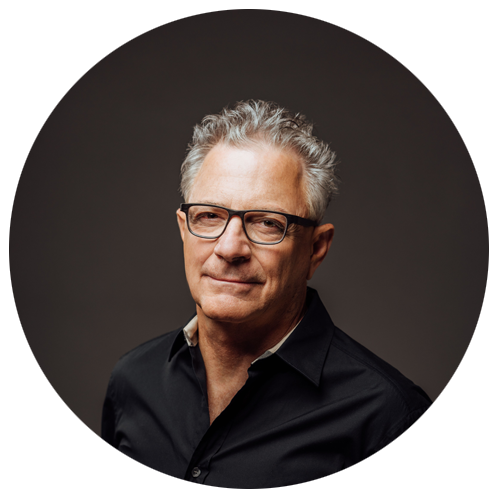Dear Dream Tending and Deep Imagination Community,
Today’s Tending Tuesday is brought to you by Susan Benaron, Dream Tending Mentor and Licensed Marriage and Family Therapist.
How often is it said, “I can’t remember my dreams” or “I don’t dream”? Occasionally I hear, “I am in a time where no dreams are coming to me.” These so-called Dream Deserts are common. We all have experienced this phenomenon at different times in our lives. As a lover of dreams and a dream tender, I have heard these comments for years. I hope to share some sage wisdom passed down from our fellow dreamers providing ways that can assist all of us in being able to reach the stories, images, and gifts of dreams.
During the last three months, I have been recovering from a painful broken arm due a bicycle accident and I suffered a “Dream Desert”. Each day I performed my daily dream remembering ritual to enhance my dream recollection, but I had a difficult time capturing my dreams. During episodes in our lives of grief, physical illness, and emotional stress, it can sometimes create a situation where dreams may be unavailable and not easy to remember and record. Even though I was blocked from being able to recollect my dreams, I continued keeping my journal by my bedside and having my intention of remembering my dreams before sleep. I wrote in my dream journal whatever came to me in the morning. Eventually, the dreams began to flow. These messages from the dream time assisted me in my recovery.
Each dreamer can create unique rituals that assist them in remembering their dreams. Two dream friends have shared their methods of helping themselves and others to overcome Dream Deserts. One wise dreamer said, “When I am in a dream drought I write a letter to my dreams desiring the dream’s presence with love and appreciation.” Another elder dream tender says, “ I recommend people say their intention to remember dreams three times. Then write the intention on a piece of paper and put it under their pillow before sleep.” This reminds me of the magic of the “Tooth Fairy”. Each person will find the most comfortable and magical way to be in touch with their dream time.
At certain times in all of our lives we become blocked from our dreams. This could be due to events of our daily living or the unawareness of the dream’s value. With the intention to remember our dreams and your unique rituals around remembering dreams you should be enjoying the messages and gifts of the dream time. Here are some daily practices to support remembering you dreams:
Daily practices to enhance Dream Remembering
- Have a special dream journal by your bedside.
- Before sleep make your intention to remember your dreams.
- On awakening, write down the dream image, figure, or story.
- Later you can complete the full dream.
- Have drawing material by the bedside to draw the dream image can help.
- If the dream floats by and is not captured, no problem. Be patient and committed to your ritual and the dream will meet you there.
May the Dream Fairy bring you love, healing, and wisdom!
Susan Benaron, MFT, RNP
Marriage Family Therapist
Dream Tending Mentor
Inside The Curious Mind
A quote that resonated with me this week…
“Remembering our dreams is like finding diamonds in the rough.”
― Susan Benaron
Learn the Power, Purpose and Intelligence of Dreams
Unleash your creativity and innate genius

Stephen Aizenstat
Stephen Aizenstat, Ph.D., is the founder of Dream Tending, Pacifica Graduate Institute, and the Academy of Imaginal Arts and Sciences. He is a world-renowned professor of depth psychology, an imagination specialist, and an innovator. He has served as an organizational consultant to major companies and institutions, and as a depth psychological content advisor to Hollywood film makers. He has lectured extensively in the U.S., Asia, and Europe. He is affiliated with the Earth Charter International project through the United Nations, where he has spoken. Professor Aizenstat is the Chancellor Emeritus and Founding President of Pacifica Graduate Institute. He has collaborated with many notable masters in the field including Joseph Campbell, James Hillman, Marion Woodman, and Robert Johnson.





